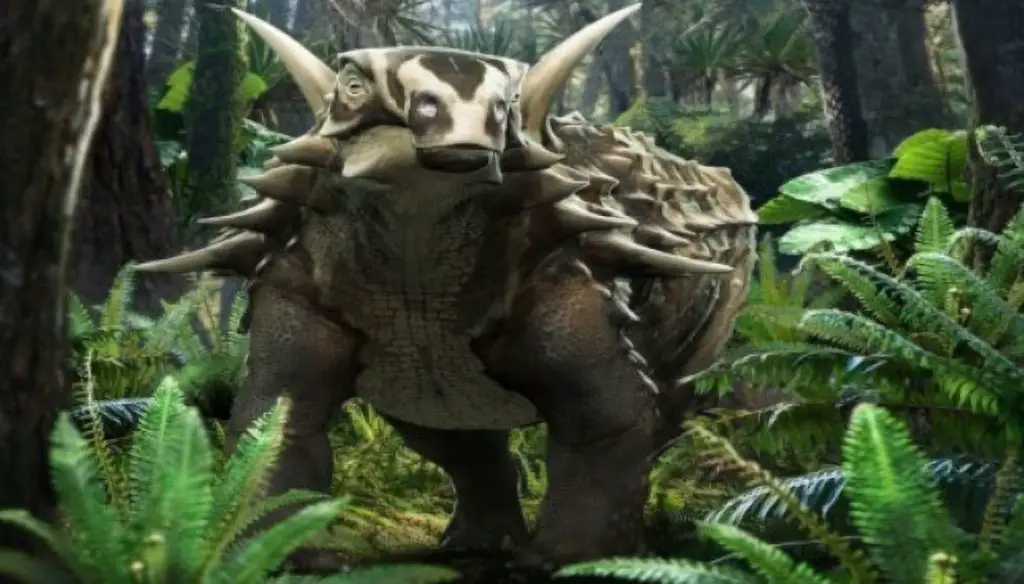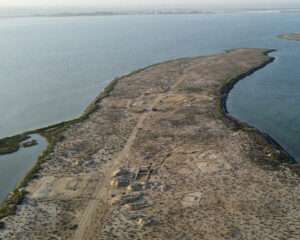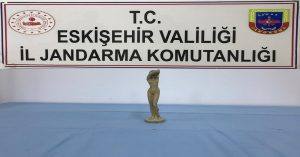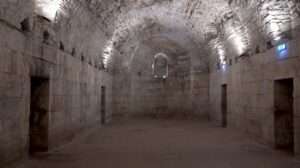German and Austrian palaeontologists have reconstructed an 80-million-year-old dinosaur that was probably a slow-moving, hard-of-hearing loner.
Struthiosaurus austriacus was up to eight metres (26 feet) tall, sluggish, had poor hearing and was probably a loner, the experts believe.
The remains of the 80-million-year-old dinosaur were discovered in a mine near the locality of Muthmannsdorf in Lower Austria in the second half of the 19th century.

Two geologists, Ferdinand Stolicka and Eduard Suess, discovered fossils in the coal mine in 1859.
In the following years, additional excavations were carried out and several remains of dinosaurs were found, including the remains of three so-called Struthiosaurus austriacus that lived around 80 million years ago.
Now, researchers at the University of Vienna in the Austrian capital and the University of Greifswald in north-eastern Germany have used a CT scan of part of the skull of one specimen to show that the dinosaur, which belongs to the Ankylosauria suborder, was probably quite sedate and a loner with poor hearing.
Cathrin Pfaff, the Head of the Micro-CT Facility at the Department of Palaeontology at the University of Vienna, and Marco Schade, from the University of Greifswald, analysed a five-centimetre (2-inch) piece from the rearmost area of the skull using high-resolution computed tomography (CT) under the microscope.
The scientists discovered the shortest cochlea ever found in dinosaurs in the herbivore’s inner ear. They said it was similar to that of turtles, which can perceive only a very narrow band of frequencies.
Schade said of the dinosaur, which had massive bone plates, in part for protection: “Animals usually produce frequencies that they can perceive themselves in intra-species communication. If they hear poorly and therefore communicate poorly, the question is whether they were loners.”
And he added: “Unlike its North American relative ‘Euoplocephalus’, which had a club on its tail, ‘Struthiosaurus’ probably relied on the passive effect of its armour for self-defence.”
This suggests these ‘Austrian’ dinosaurs led an extremely sedate lifestyle, without the need for sophisticated balance and hearing, and with limited social interaction, the study said.
The findings have published in the academic journal ‘Scientific Reports’.



